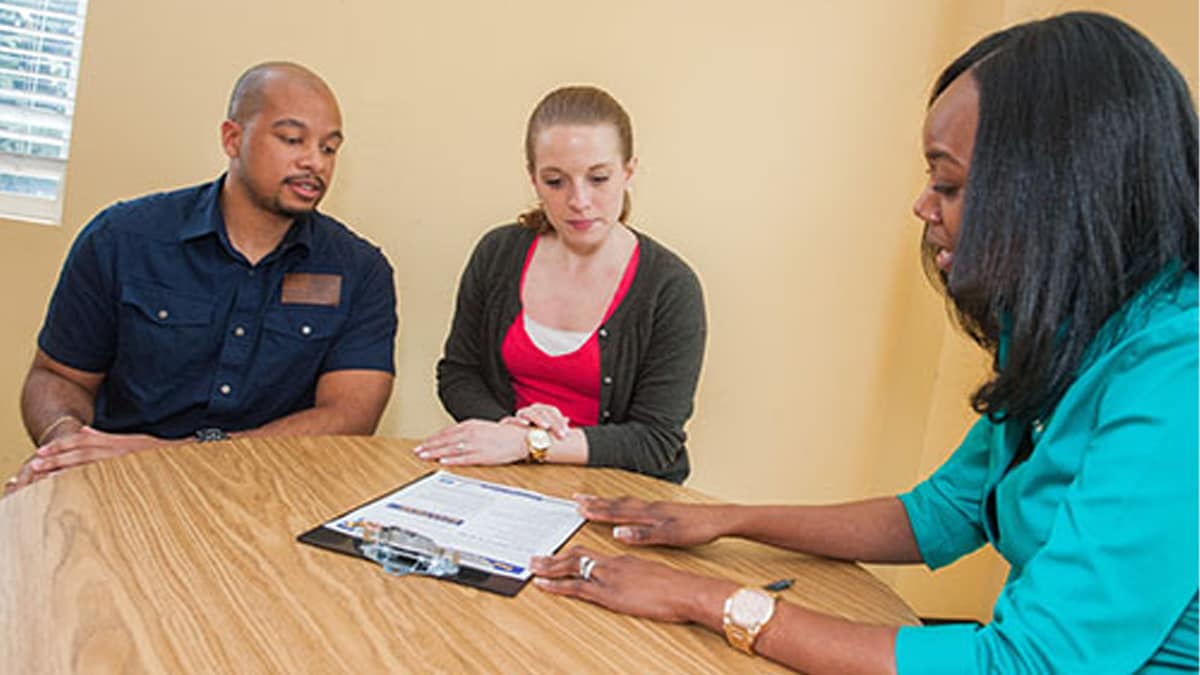At a glance
Appropriate referrals are important so children and their families can benefit from early intervention services. It may be helpful to consult with your state's CDC Act Early Ambassador. Use these resources to learn how you can develop your referral process.

Referrals for potential developmental delay
Many WIC staff participating in the Milestone Checklist Program will identify children with a potential developmental delay. For these children, making an appropriate referral for developmental screening and further assessment is critically important so that the child and family can have the opportunity to benefit from early intervention services.
You will need to identify both how your clinic(s) will make referrals and appropriate referral resources in your state or local area. It may be helpful to consult with your state's CDC Act Early Ambassador, who can advise you on the referral resources in your state.
You may also wish to consult with a person knowledgeable in Health Insurance Portability and Accountability Act (HIPAA) privacy requirements to ensure your referral process, especially in following up with families after a referral, complies with HIPAA standards and regulations. It is not commonly necessary for families to share information about evaluation or diagnostic results from a healthcare provider.
At a minimum, it is important to refer the parent to their child's primary healthcare provider to discuss the checklist and provide developmental screening and further evaluation, if warranted. Use the back of the checklist as the referral form, checking the appropriate boxes on the back and inserting the doctor's name in the "Note to Doctor" section.
Your state, agency, or clinic might have additional recommended tools to support the referral, so it is important to establish your referral protocol before launching your program.
For example, you might also choose to direct the parent to find out if their child might be eligible for services to help:
- If the child is younger than age 3, encourage the family to contact the state's early intervention program to see if their child might be eligible for services.
- Your state, agency, or clinic will need to identify the best approach to making a referral to early intervention.
- For example, if there is a single point-of-entry/care coordination service available in your state, share the contact information and complete a referral form.
- If care coordination is not available in your state, share the contact information for your state's early intervention program, found here.
- For example, if there is a single point-of-entry/care coordination service available in your state, share the contact information and complete a referral form.
- In some states, follow-up with other early childhood agencies for screening and further assessment may be the best for the child and family. Consult with your state's CDC Act Early Ambassador for information about helpful referral sources.
- If the child is older than age 3, encourage the family to contact their local school system to see if their child might be eligible for services.
